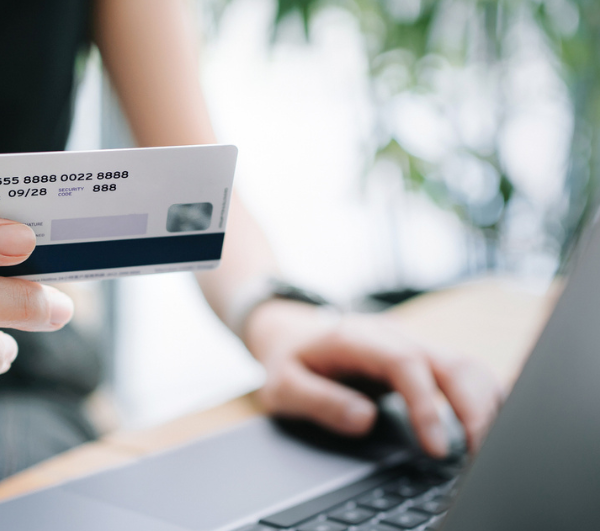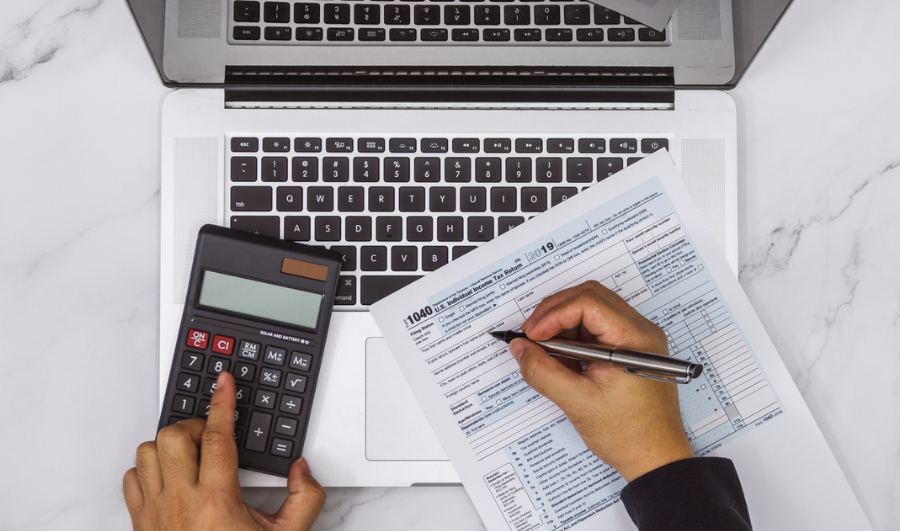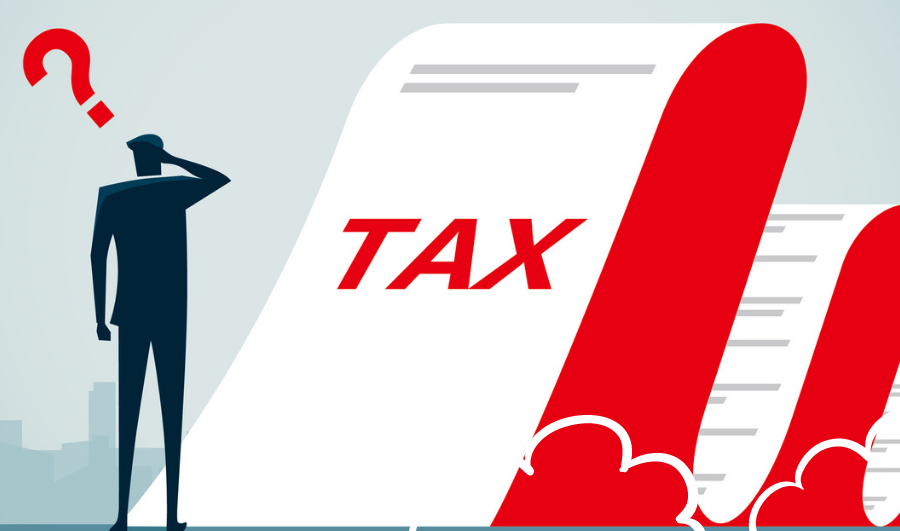Are you a freelancer? Do freelancers need GST registration? Don’t worry. We are here to help. In this post, we will talk about who should register for GST, the advantages of GST registration, and the payment terms and conditions (T&C) relevant to freelancers.
Who needs to register for GST in India?
GST registration may sound like a lot of work. But did you know it is not mandatory for all? Here are the situations that require GST registration:
- If your business’s turnover exceeds Rs. 20 lakhs in a financial year for normal category states. For individuals living in special category states, the limit is Rs.10 lakhs.
- You receive payment for services under OIDAR (Online Information and Database Access and Retrieval). OIDAR includes activities, such as internet advertising, cloud-based services, and intangible items, such as e-books, entertainment (music, movies, online gaming), software, and any other electronic data, such as video lessons.
Why is GST for freelancers important? What are its advantages?
Because the Goods and Services Tax (GST) is an indirect tax on the supply of goods and services in India, Indian freelancers must also pay GST when their turnover exceeds Rs. 20 lakhs in a financial year.
As freelancers, you do not receive any specific advantages of registering for GST. The benefits of GST registration are the same for everyone. Under this new GST regime, you have the option to file tax returns online. All you have to do now is go to the GST Portal, create an account, log in, and begin filing your GST returns.
The main advantage is that if you register, you will be able to claim GST credit, which may be used to balance future GST liabilities, as well as seek a GST refund (subject to certain conditions). For example, if your firm runs ads on Google to attract new clients or customers, you have to pay 18% of the total amount as GST.
Documents needed for GST registration
Here are the documents you will require to register for GST:
- Your photo
- A copy of your PAN and Aadhaar card
- Identification and residence evidence
- A recent bank account statement or a cancelled check
- Your digital signature
- Electricity or telephone bill
- Office lease agreement
- No objection certificate
What happens after GST registration?
After you have submitted all the documents required and completed all the required formalities, you need to ensure that you follow the process to be on the right side of the law.
When raising an invoice, you need to add the GST amount to the overall billed amount. Thus, if your billed amount is Rs. 25,000 for one client, after adding GST at the rate of 18%, the total amount that your client needs to pay will be Rs. 29,500.
After collecting GST, you need to deposit the GST amount to the government when you file your GST returns.
Payments T&C for freelancers
There are many terms and conditions (T&C) related to payments that apply to GST-registered freelancers.
- Depending on the type of service you provide, GST rates on your services can be 0%, 5%, 12%, 18%, or 28%. If there is no specific percentage, you need to charge your clients GST at the rate of 18%.
- After getting your GST identification number, you have to file GST regularly, i.e., monthly and yearly. This is irrespective of your current annual turnover.
- You need to make all payments online. Every year, there will be 37 returns to file: three monthly filings and one annual form.
- If you do not deposit the GST proceeds on time, you might have to pay a fine.
- To ensure that GST is deposited on time, you can issue the invoice on the 1st of the following month. This will give you enough time to pay your monthly GST bill.
- After paying all the applicable taxes, you need to submit a monthly summary return under GSTR 3B.
Do freelancers need to register for GST if they raise invoices?
- If you are a freelancer, your clients will expect you to raise invoices. When you submit an invoice, your client may deduct 10% TDS from every invoice.
- If your income is below Rs. 20 lakhs or Rs. 10 lakhs (for special category states), it is not compulsory to register for GST even if you raise invoices.
- GST-registered freelancers need to file invoices according to the latest GST laws stated by the government.
- You need to include your name, address, GSTIN for freelancers, your client’s GSTIN, Service Accounting Codes (SAC), date, amount, and signature on the invoice.
To sum it up
As all your accounts are linked with PAN and Aadhaar, the best option would be to go for GST registration.GST filing may be a little intimidating for many freelancers. Hiring a chartered accountant (CA) who has experience working with freelancers and solopreneurs will help you ensure everything is in line with the latest applicable laws.
Also read: GST Registration Guide for Startups and Small Businesses






